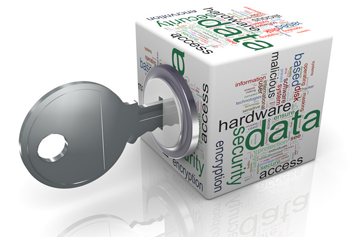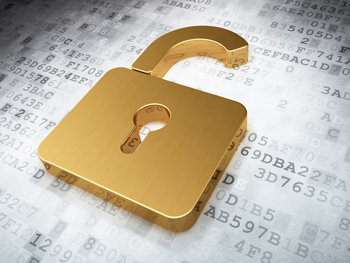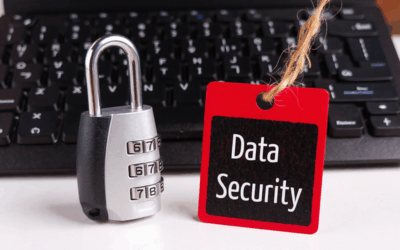
Generally speaking, majority of the people around the world are not very careful about securing their online access. A strong password is your primary requirement when accessing any online account. However, the password management company Keeper Security found that the most popular password, comprising nearly 17% of the 10 million passwords the company analyzed, was “123456.” The word “password” also figured among the top 10 passwords, and was found to be the eighth most common.
By December 20, 2017 the Identity Theft Resource Centre (ITRC) recorded 1,293 US data breaches, exposing more than 174 million confidential records. This statistics was higher than what was recorded the same time in 2016. The ITRC report broke down the breach results into five industries – business (50.5 percent), medical or healthcare (28.9 percent), educational (8.8 percent), banking or financial or credit (7.1 percent) and government or military (5.3 percent). A single data breach of the data analytics company Alteryx exposed sensitive information of 123 million US households. (According to the US Census Bureau, there were about 125.8 million US households in 2016).
Today, cybercrime is a stark reality, and hackers are increasingly targeting medical data that is typically much less secure than financial and other types of data. Patient data includes a person’s date of birth, medical and physical records and social security number. This information is much more valuable than credit card data because these are details that cannot be easily reset.
Now, new methods of authentication must replace old conventional methods that rely on personal information or passwords to verify identity. Users should follow basic security hygiene, embrace emerging technologies, and follow security advice from experts to stay away from cyber hackers also safeguard digital identities when accessing their online accounts.
Here are some tips to ensure better protection of data.
- A nonsensical phrase as password: Your password should be strong and difficult to break. It should be long and contain at least 8 characters with one or more alphanumeric characters. Experts consider a long nonsensical phrase or passphrase a better way to safeguard online identity. Using a string of unrelated words that are tied together with at least 20 characters is difficult to break.
- Protect your Wi-Fi and network: Hackers use diverse tools to break into IT systems and steal data. So, organizations must invest in advanced antivirus software and secure firewalls to deploy on their healthcare devices. Network segregation is considered a good option because even if a breach occurs, the hacker cannot instantly access all of the information at once.
Never reuse passwords: All websites require you to sign up for an account if you want to access some of their content. This can prove rather overwhelming with so many passwords to remember. Many people use the same password for all websites, and this is a risky thing to do. Researches show that 81 to 87 percent of people re use password and hackers are aware of this practice. Memorizing all passwords is not easy, so the best way to store all passwords is by using a digital vault.
- Lie on all security questions: Websites, especially those for financial data have security questions as backups. These questions are typically based on with personal information such as your mother’s maiden name, first school, address etc. that are now easily accessible online. Try to avoid using such questions, instead, go for questions that are opinion based such as “favorite weekend destination.” Using a fake response is another option because then only you would know the answer.
- Two factor authentication: Many services such as email and banking provide two factor authentication (2FA). This adds another layer of security when certain risk factors are present.
- Use of biometrics: No matter how strong our passwords are, sometimes they are not safe enough. Biometrics authentication uses a person’s iris or fingerprints to verify identity. This tool is not foolproof, so new strategies are being introduced to ensure that data is collected applied in a way that ensures privacy for consumers and prevents hackers from gaining access to the data. Devices that allow fingerprint access can be given an extra layer of security with a lock code.
For most organizations it is a challenge to recruit and manage security staff with the right training and skills to keep the network secure. Therefore, many organizations are now outsourcing data security to reliable providers of BPO services due to the increasing number of data breaches.

 Never reuse passwords: All websites require you to sign up for an account if you want to access some of their content. This can prove rather overwhelming with so many passwords to remember. Many people use the same password for all websites, and this is a risky thing to do. Researches show that 81 to 87 percent of people re use password and hackers are aware of this practice. Memorizing all passwords is not easy, so the best way to store all passwords is by using a digital vault.
Never reuse passwords: All websites require you to sign up for an account if you want to access some of their content. This can prove rather overwhelming with so many passwords to remember. Many people use the same password for all websites, and this is a risky thing to do. Researches show that 81 to 87 percent of people re use password and hackers are aware of this practice. Memorizing all passwords is not easy, so the best way to store all passwords is by using a digital vault.

